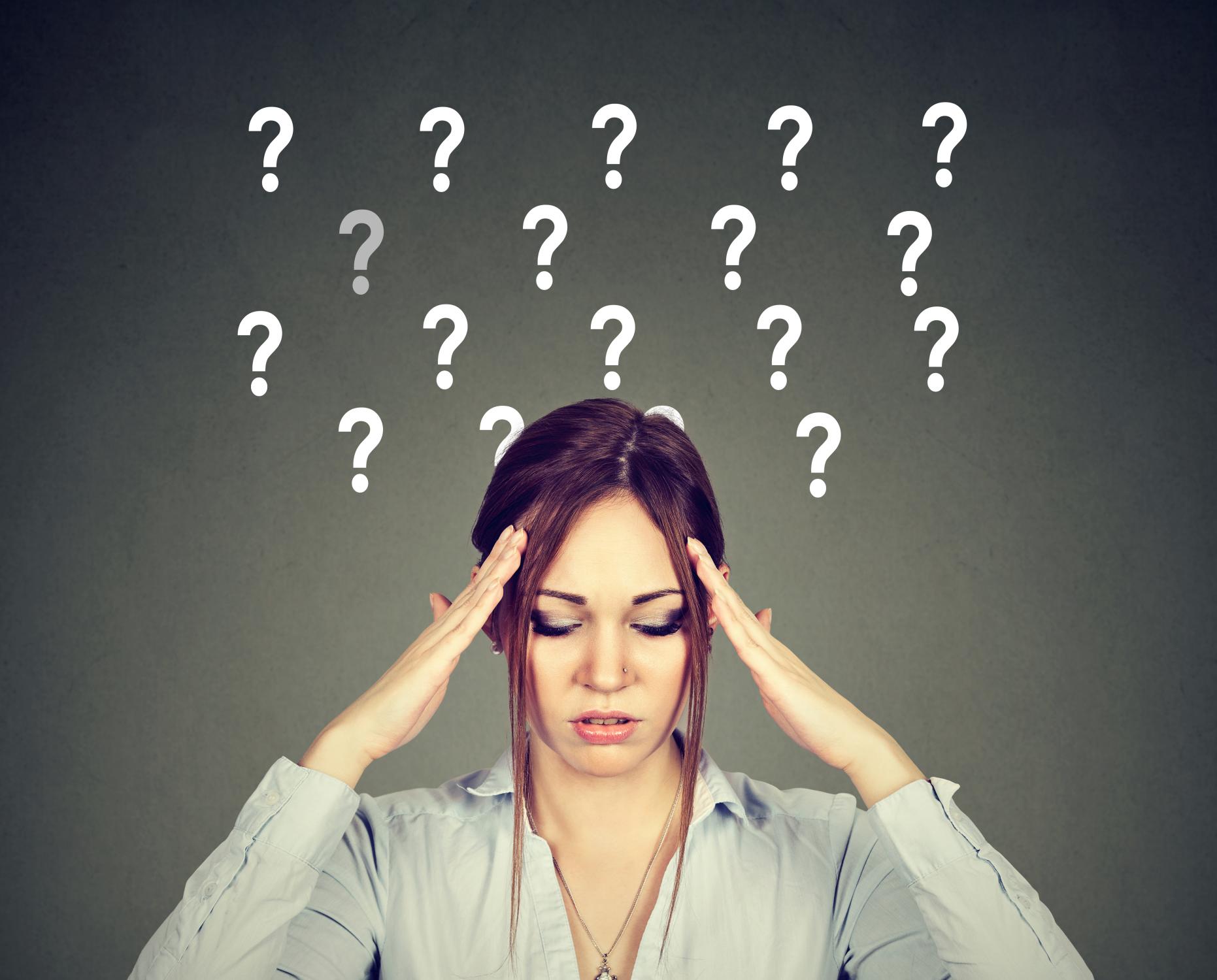How Adults Can Manage Their ADHD ( 7 Tips)
Adult ADHD can make everyday tasks much more difficult, but you should know that there is help available. There are treatments and therapies that can help you manage your ADHD symptoms so you don’t feel like you’re alone. There are plenty of other adults out there who are dealing with the same challenges as you. Let’s take a look at some potential solutions and helpful knowledge.

Understanding ADHD in Adults
Attention Deficit Hyperactivity Disorder (ADHD) affects many adults and its wide variety of symptoms can hinder everything from your relationships to career [1]. You may find yourself constantly late, disorganized or forgetful with a nagging feeling that there’s just not enough time in the day for all those responsibilities you have taken on as if it were okay not paying attention when something doesn’t interest us anymore!
Advertisement
While it is possible that you have been able to compensate for your ADHD symptoms when juggling family life as a young adult, the increasing demands of adulthood can make this challenge feel all too impossible. As more challenges are now coming up in our lives, pursuing careers and raising families-it becomes increasingly difficult not only maintaining them but also organizing ourselves properly in order to meet these goals effectively.
It’s never too late to turn the difficulties of adult ADHD around and start succeeding on your own terms. With education, support from others who have experienced what you’re going through as well as some creativity thrown into that mix- there is no reason why any individual should not succeed in life!
Signs and symptoms of ADHD in adults
Attention deficit disorder (ADHD) is a common problem for adults as well, though symptoms vary from person-to -person. The following list provides some examples of what you may experience if your diagnosis falls into this category:
1. Trouble concentrating and staying focused
Many people with ADHD are able to focus on tasks they find stimulating or engaging, but have difficulty staying focused for longer periods. You may become easily distracted by irrelevant sights and sounds; bounce from one activity immediately into another without pausing briefly at the end of your current project – often called “bored quickly.”
Symptoms in this category are often overlooked because they don’t show outward disruptions such as running around excessively; however these behaviors can still cause problems for those who have them inside themselves.
2. Disorganization and forgetfulness
As an adult with ADHD, life often feels chaotic and out of control. Staying organized can be very challenging—especially when it comes to sorting through what information you need for the task at hand or prioritizing your responsibilities during any given day; managing time becomes hard too because there’s so many things vying for attention in addition to the usual distractions we all face on a daily basis!
Common symptoms of disorganization and forgetfulness include:
- Feeling overwhelmed and stressed
- Having trouble finding things you need
- Forgetting important dates or appointments
- Struggling to keep up with a busy schedule
- Feeling like you can’t get ahead
- Difficulty completing tasks
3. Impulsivity
The symptoms of impulsive personality traits can be difficult to manage. You might find yourself acting before thinking or reacting without considering consequences, but there are ways for you to control these behaviors with a little effort on your part!
Meditation is one way that people have found success in overcoming their issues due constraints – it allows them more patience while still experiencing joys around him/her which helps balance out any negative emotionality caused by certain moments where impulsivity kicks into high gear (like at parties). Symptoms include:
- Frequently interrupting others or talking over them
- Poor self-control, addictive tendencies
- Blurting out thoughts that are rude or inappropriate without thinking
- Acting recklessly or spontaneously without regard for consequences
- Trouble behaving in socially appropriate ways (such as sitting still during a long meeting)
4. Emotional difficulties
Adults with ADHD often struggle to manage their emotions, especially when it comes to anger or frustration. Common signs of an emotional disturbance in adults include:
- Feeling overwhelmed and stressed out
- Racing thoughts and difficulty sleeping
- Difficulty managing emotions
- Low self-esteem and feelings of worthlessness
- Relationship difficulties due to ADHD symptoms
Advertisement
5. Hyperactivity or restlessness
Hyperactivity in adults with ADHD often goes unnoticed. You might be highly energetic and perpetual “on the go” as if driven by a motor, but for many people this symptom becomes more subtle or internal over time – common signs include:
- Feelings of inner restlessness, agitation, racing thoughts
- Getting bored easily, craving excitement, tendency to take risks
- Talking excessively, doing a million things at once
- Trouble sitting still, constant fidgeting
Self-help for adult ADHD
This is a great time to take control of your life and live it on purpose. ADHD doesn’t have to hold you back, but only if we make the most of our strengths! With structured strategies in place—and some self-management efforts [2] thrown into that mix too–you can start seeing real changes happen within weeks or months rather than years later when things might be much worse already because there was no intervention at all right away.
-
- Exercise and eat healthfully.
- Get plenty of sleep.
- Practice better time management.
- Work on your relationships.
- Create a supportive work environment.
- Practice mindfulness.
- Blame the ADHD, not yourself.
Conclusion
ADHD in adults is real, and it’s time to start recognizing and treating it. There are many successful people living with ADHD, and you can be one of them. If you’re struggling with adult ADHD, there are ways to get help. Don’t let ADHD hold you back from achieving your goals. You can do this!
- Adult ADHD and Relationships
- Tips for Managing Adult ADHD
https://www.helpguide.org/articles/add-adhd/managing-adult-adhd-attention-deficit-disorder.htm